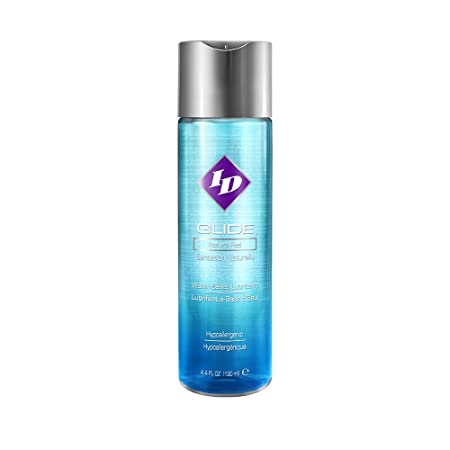Urinary tract infections can be excruciating and uncomfortable, but they're also extremely common. The Department of Health and Public Services reports that UTIs are the second most common bacterial infection type in the United States. The lifetime risk of developing a UTI is over 50 percent for women.
Guys are less susceptible but certainly not immune. For both sexes, symptoms include burning sensations, frequent urination, and potentially serious health issues if the problem is left untreated. Women typically get infections due to an overgrowth of certain types of bacteria in the vagina, which spread to the urinary tract.

This can happen due to excessive vaginal dryness, and personal lubricants can help to limit the problem. Physicians recommend simple water or silicone-based lubricants for this purpose. Women should avoid oil-based lubricants and petroleum jellies, as these products can increase the chances of various infections (including UTIs and yeast infections).
Spermicides are also bad news. Some studies show that spermicides like nonoxynol-9 can significantly increase the chances of various types of infections. In general, simple lubricants are a better choice - lubes with fragrances, herbal additives, and cooling ingredients can cause irritation.
What About Glycerin and Other Common Ingredients?

There are widespread inaccuracies regarding glycerin, a common lubricant ingredient used to sustain water-based products' slickness. Glycerin tastes sweet, so some websites refer to it a sugar; it is not a sugar, however, and it will not feed the bacteria that cause UTIs or vaginal infections.
If you'd still rather avoid glycerin, you can find plenty of glycerin-free products on the market. Many use xylitol instead; xylitol works similarly to glycerin, and some studies show that it could decrease the chances of bacterial and fungal issues.
It's important to note that lubricants aren't a treatment for UTIs, and they do not help prevent all types of infections. Here are a few other ways to limit your chances of a UTI:
Drink Fluids - By giving your body plenty of water, you'll give it the tools it needs to fight infections and flush out the urinary system. Urine has a sterilizing effect, so regular trips to the bathroom can be extremely beneficial.

Practice Good Hygiene (But Don't Clean Too Often) - Women, remember to wipe from front to back. Fecal bacteria can easily cause a UTI. Don't try to "clean out" your vagina, however, as douching or excessive cleaning can cause dryness. Dryness leads to UTIs and other painful issues, and the vagina is pretty good about keeping itself clean anyways.
Urinate After Sex - As we mentioned earlier, urine helps to sterilize bacteria in the urinary tract. When you have sex, you're exposing your body to plenty of new bacteria, so make a quick trip to the bathroom when you're finished.

Wear the Right Clothes - Loose-fitting clothes and cotton underwear helps give the vagina the space it needs to regulate itself. Too much moisture can be a problem, so change out of sweaty clothes after exercising. Most of these tips apply to guys, too.
However, because the male urinary tract isn't exposed to the same types of bacteria as the female urinary tract, multiple UTIs are rare for men. If you experience successive UTIs, you should see your physician right away to figure out what's causing the infections.
Always see your doctor as soon as you notice any urinary tract issues. You can eliminate the painful symptoms in a matter of days, and most UTIs are easily treated with antibiotics. Personal lubricants might provide some additional help, but your physician will be able to give you qualified advice and an appropriate treatment plan.












